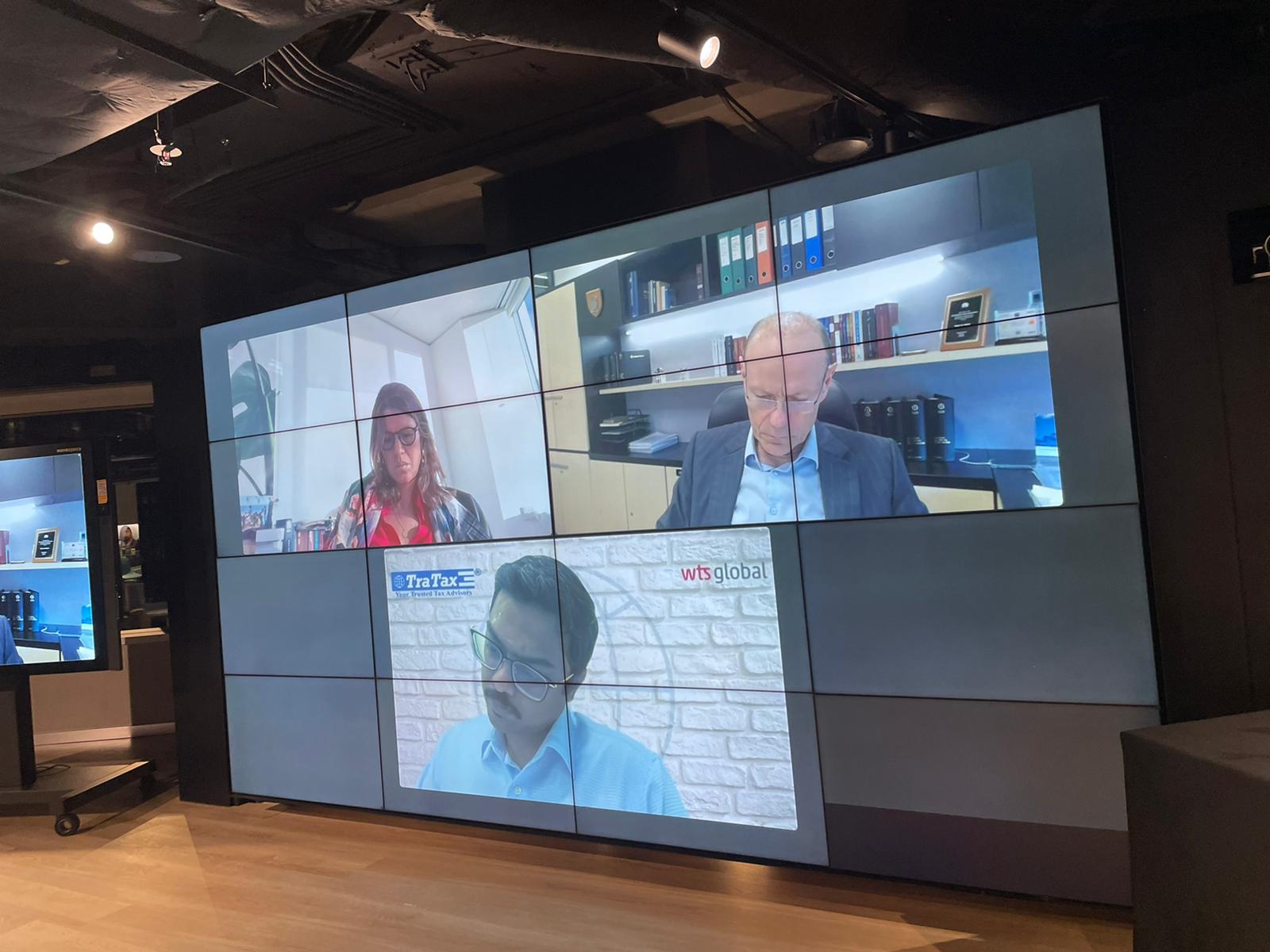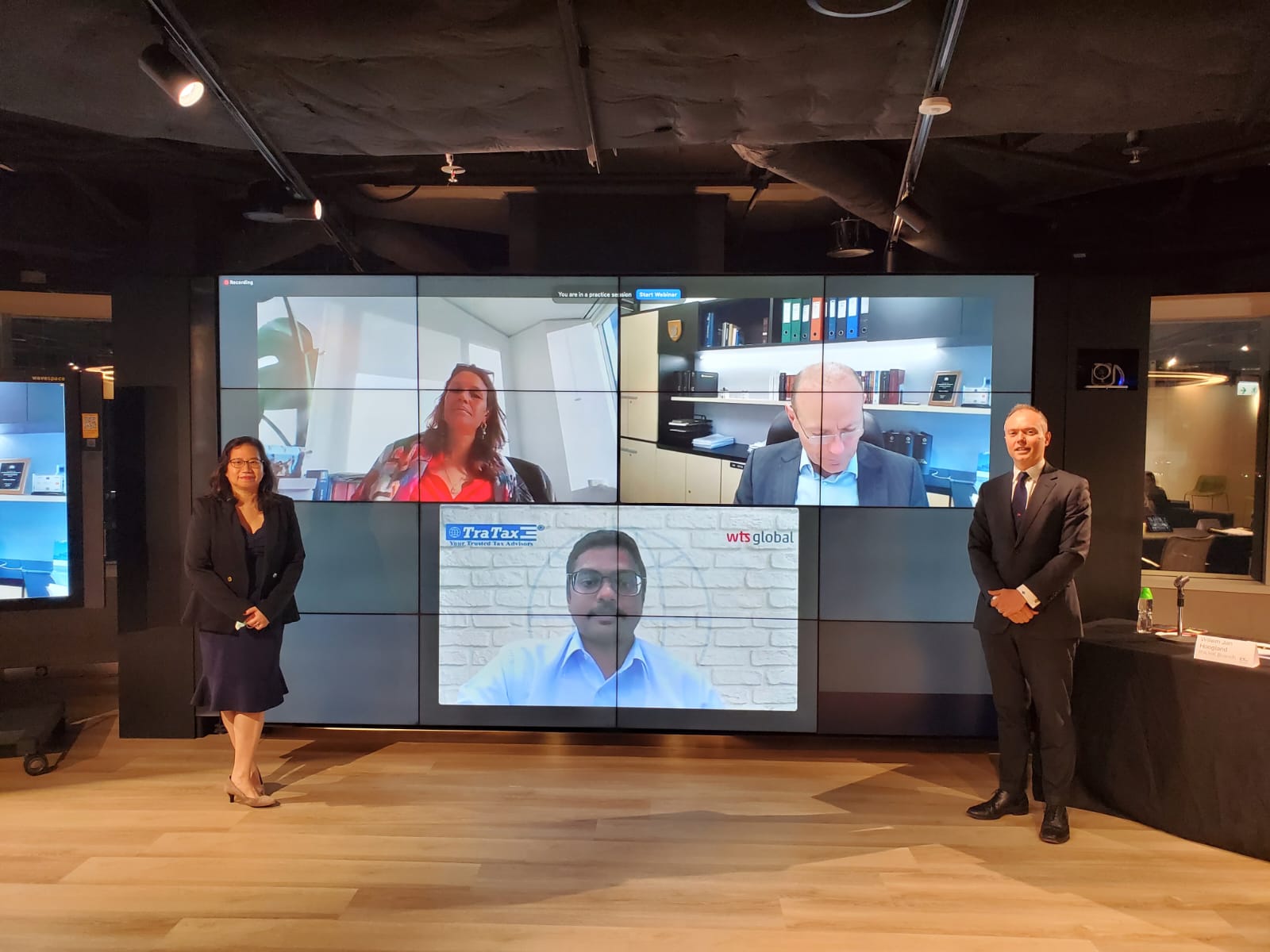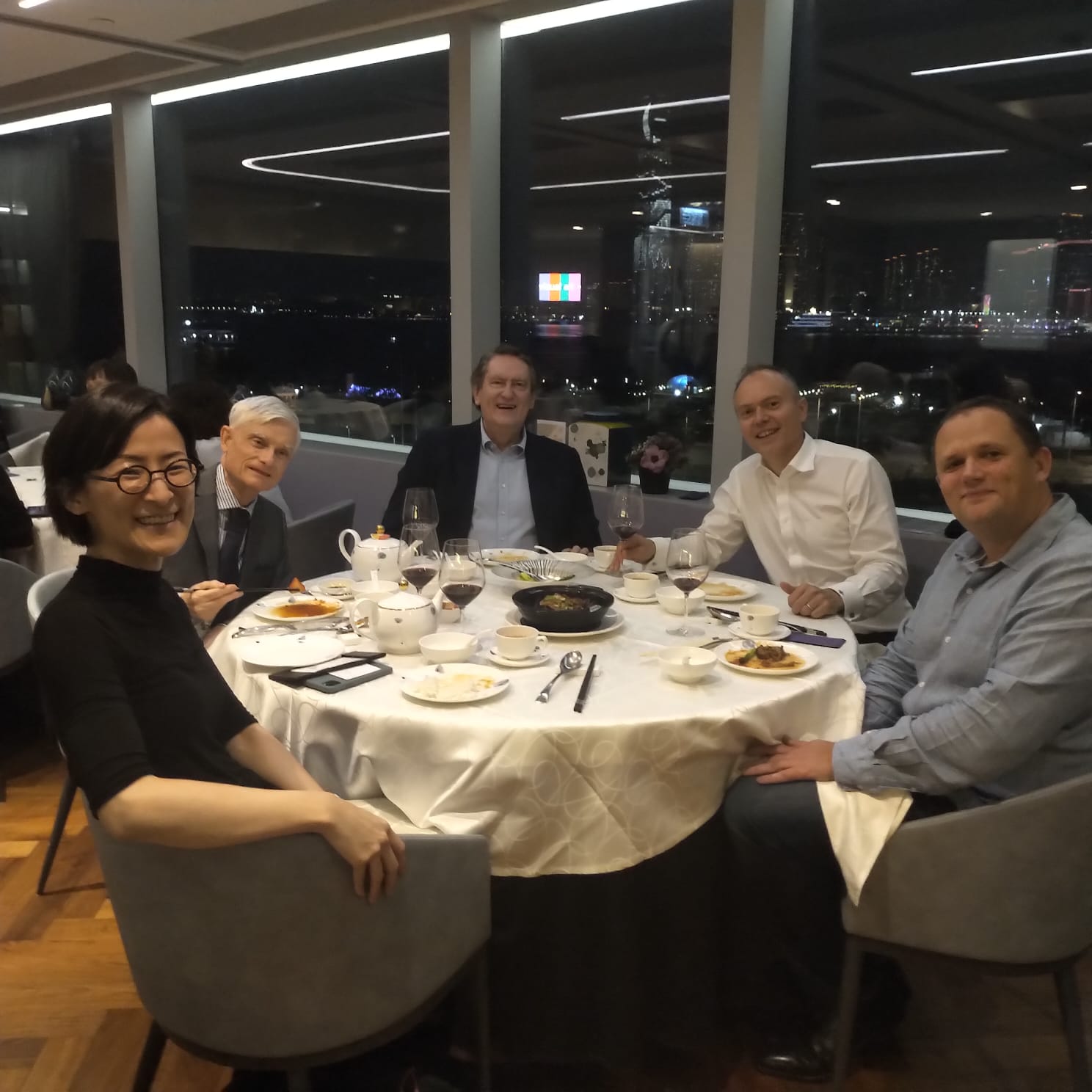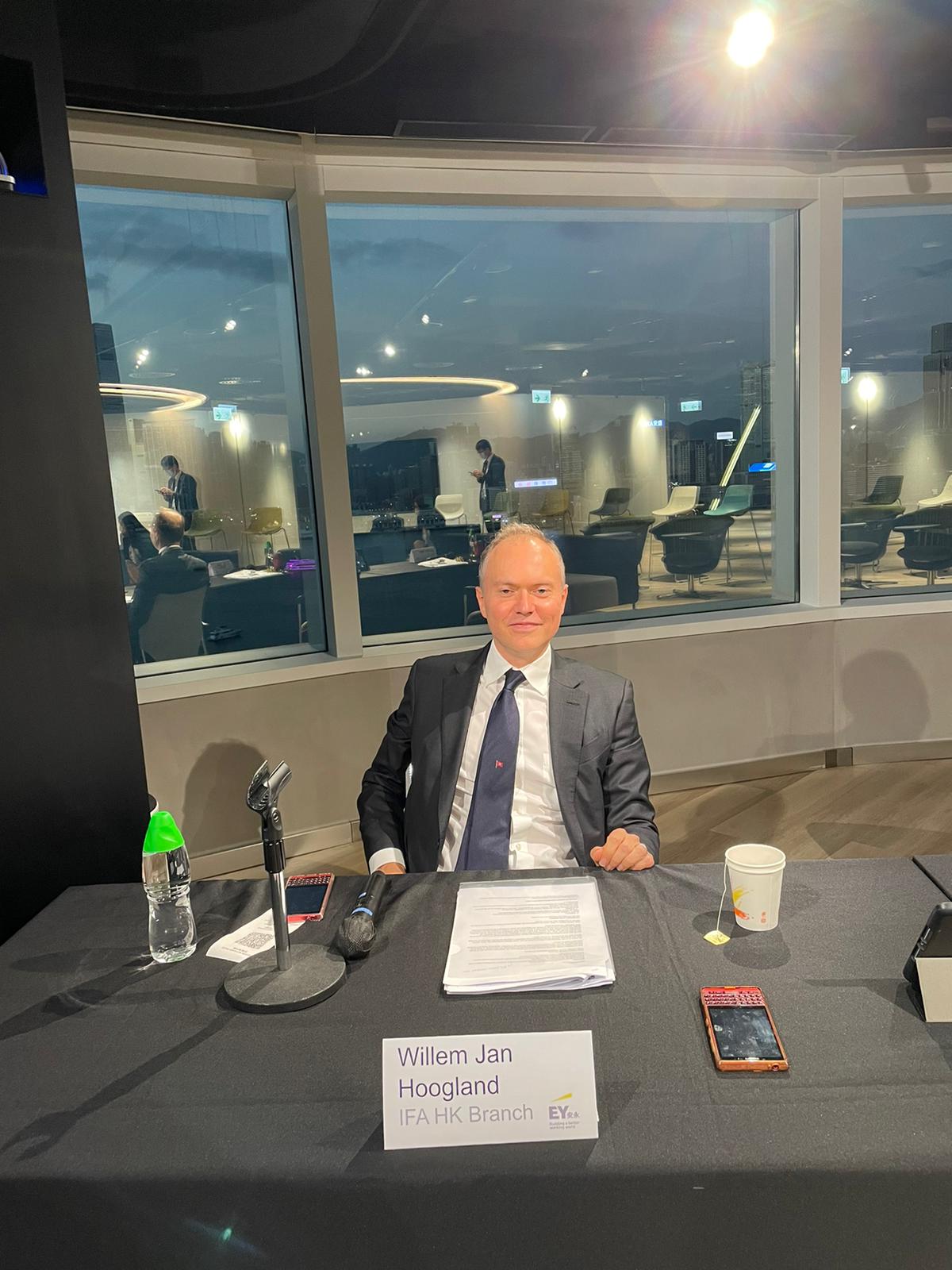Last year October, we hosted together with the IFA Branches of Malaysia and Singapore our first seminar in respect of the 'EU Grey Listing of Hong Kong & Malaysia'. During the event, speakers from Hong Kong, Malaysia and Singapore discussed the EU's concerns of double non-taxation of foreign-sourced passive income within the Hong Kong & Malaysian territorial tax regimes and looked into the reasons why the EU in particular had put Hong Kong & Malaysia on this Grey List, and not Singapore. We also heard about the EU views during this seminar, about the Hong Kong and Malaysian Government responses and the impact for businesses in these regions.
Now, one year on, companies in both Malaysia and Hong Kong are being confronted by their respective governments with new (draft) tax legislation. The new draft tax legislation in Hong Kong will come into force per 1st of January 2023, whereas Malaysia has given its new tax legislation retro-active effect per 1st of January 2022. Both countries have however one common goal: to be taken from the EU Grey List in 2023.
During the event, the panel members will discuss the Hong Kong and Malaysian (draft) tax legislation and try to form a view on how successful the new legislation will be in convincing the EU that the Hong Kong and Malaysian foreign-source passive income will be adequately taxed as from 2023 and 2022 respectively. Obviously, the EU will continue monitoring the implementation of the legislation in both countries and may decide in February 2023 whether the updated Hong Kong and Malaysia tax systems can be considered as adequate and fair, resulting in a removal of Hong Kong and Malaysia from the EU Grey List. Also, comparing the Hong Kong, Malaysian and Singaporean territorial tax systems with each other per 2023, which tax system is considered to be most competitive and therefore can potentially be considered as less 'fair' than the others? In addition, how can governments in Hong Kong and Malaysia stay objective when considering economic substance requirements? One should avoid being subjective, but without any safe harbor systems in place would this not be rather difficult? And how does Singapore do it and what is their take on the new (draft) legislation in Hong Kong and Malaysia?
We hope you can join our international panel in their discussions.
SPEAKERS
Thenesh Kannaa
Partner at Tratax / WTS
Barbara Voskamp
Partner at Loyens & Loeff
Jo-An Yee
Partner at International & Transaction Tax Services at EY
Pieter De Ridder
Managing Partner at Meyer Brown
THE FOREIGN SOURCE INCOME EXEMPTION: AN UPDATE
-







